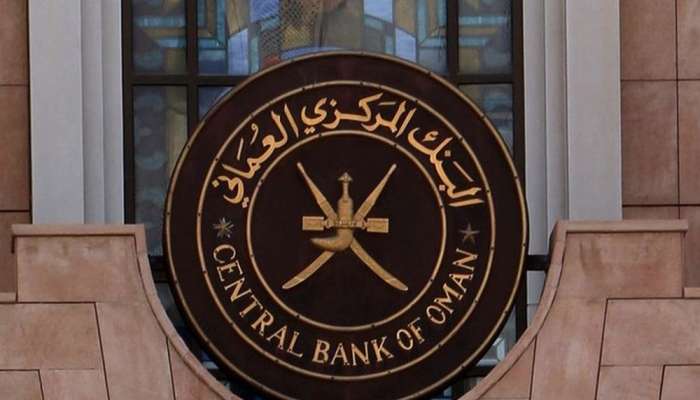The Central Bank of Oman has clarified that merchants, not customers, are responsible for paying the fees associated with money transfers using the Mobile Payment System (MPCSS). This clarification comes amidst confusion on social media platforms regarding who should bear the payment processing fees for such transactions. The CBO emphasized that the charge for using the merchant’s quick response code (Merchant QR Code) is the lowest compared to other payment methods, making it the most cost-effective option for both merchants and customers.
In response to concerns about the deduction of 100 baisas as a transfer fee, the Central Bank clarified that this fee is only applicable when transferring money between beneficiaries from one bank to another bank, and not for purchases made at stores. By providing this clarification, the CBO seeks to prevent misinformation and ensure that the public has access to accurate and reliable information from approved sources.
The Central Bank of Oman’s statement underscores the importance of verifying information and obtaining news from credible sources to avoid confusion and misunderstanding. With the rise of social media platforms as sources of news and information, it is crucial for individuals to exercise caution and rely on official announcements and statements from regulatory bodies such as the CBO. By emphasizing the need for accuracy and reliability in information dissemination, the CBO aims to promote transparency and clarity in financial transactions for the benefit of both businesses and consumers.
As the regulatory authority responsible for overseeing the financial sector in Oman, the Central Bank plays a crucial role in ensuring the smooth functioning of payment systems and protecting the interests of consumers. By issuing clarifications on payment processing fees and transfer charges, the CBO demonstrates its commitment to promoting fair and transparent practices in the banking and financial industry. This proactive approach to addressing concerns and resolving confusion helps to foster trust and confidence in the country’s financial system.
The Central Bank’s clarification on payment processing fees for money transfers using the Mobile Payment System (MPCSS) serves to educate the public on the correct procedures and guidelines for conducting electronic transactions. By specifying that merchants are responsible for bearing the costs of payment processing, the CBO helps to protect consumers from unnecessary charges and fees. This clarification also highlights the importance of choosing the most cost-effective payment method, such as using the merchant’s quick response code, to minimize transaction costs for both merchants and customers.
In conclusion, the Central Bank of Oman’s recent clarification on payment processing fees for money transfers using the Mobile Payment System (MPCSS) is a timely reminder of the importance of accuracy and reliability in financial transactions. By providing clear guidelines on who should bear the costs of payment processing and transfer fees, the CBO aims to prevent confusion and misinformation on social media platforms. This proactive approach to addressing concerns and educating the public on best practices in electronic payments reflects the Central Bank’s commitment to promoting transparency and fairness in the financial sector.


























